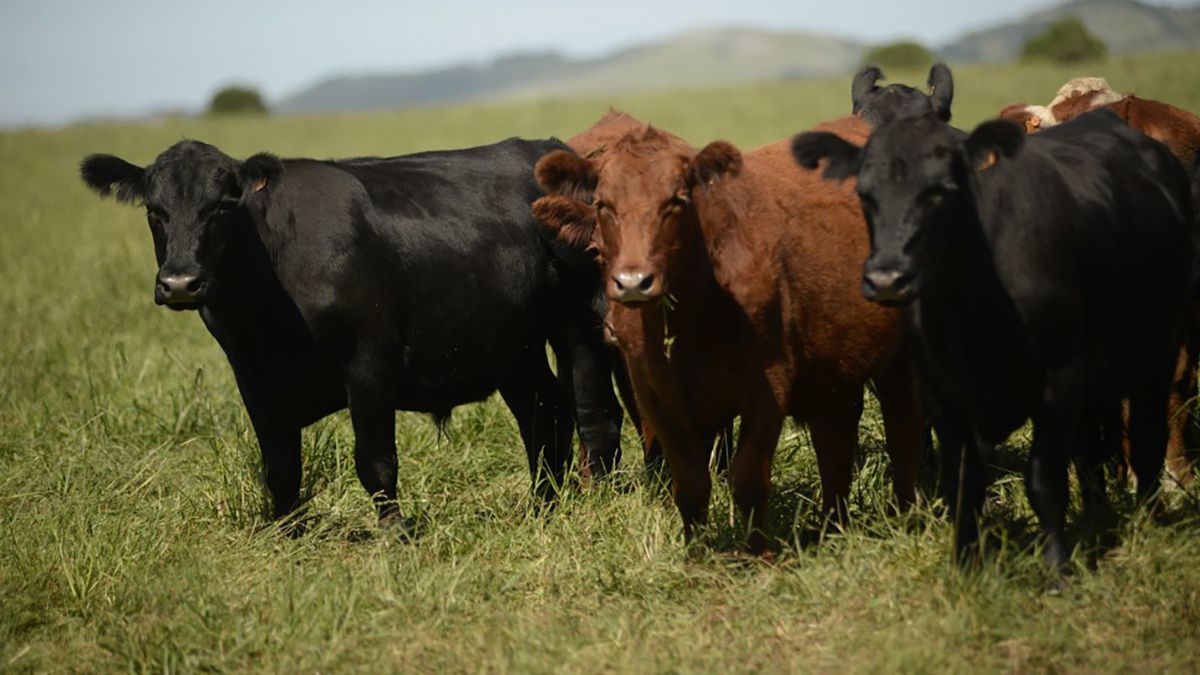Within the framework of the Livestock and Climate program, the Ministry of Livestock, Agriculture and Fisheries presented the results of the project this Saturday.
He Ministry of Livestock Agriculture and Fisheries (MGAP) presented the results of the program Livestock and Climate during the year 2022 where the production of beef in the Uruguay increased a 8% and sheep 17%, reducing 7% total emissions and a 18% emissions from meat production.
The content you want to access is exclusive to subscribers.
The changes in livestock practices in the natural field generated productive and environmental improvements in Uruguay – within the framework of the Livestock and Climate program – which seeks to mitigate the impact of livestock activity on the climate change, Ministry authorities reported on Saturday at an event where the results of the program were presented. More than a hundred rural producers participated in the presentation of the results of the work started in 2020 on 60 properties, covering more than 30,000 hectares in the northern, central, eastern and northeastern regions of the country.


“The vast majority of farms managed to increase productivity, improve their income and lower greenhouse gas emissions,” said those responsible for the Livestock and Climate project, which is being carried out by the government. According to a statement, this was possible “without increasing costs” and “with a rainfall deficit,” in the midst of the drought that has hit the country for three years.
According to the balance presented on Saturday, the net family income from the properties increased by 28% compared to the baseline at the beginning of the project. In addition, beef production increased on average by 8% compared to the baseline, and sheep meat by 17%. There was also an increase in 6% of pregnancy and weaning. “Hopefully we will be successful in being able to scale this project,” the Livestock Minister told the producers, Fernando Mattos.
On the other hand, they remarked that it was possible to “reduce total emissions by 7% and emissions from meat production by 18%, confirming that to produce more it is necessary to produce in synergy and improving the environment.”
https://twitter.com/MGAPUruguay/status/1665055634830622721
The initiative, which is funded by the Global Environment Facility (GEF, in English) and technical direction of the UN Agency for Food and Agriculture (FAO), bets on a “climate-smart livestock”. This means, for example, avoiding overgrazing, which erodes soils and degrades biodiversity.
Uruguay has more than 70% of its surface occupied by pastures that feed 12 million head of cattle, which results in 3.4 bovine heads per inhabitant, the highest ratio in the world. But the agricultural sector is responsible for 75% of national greenhouse gas (GHG) emissions, and the cattle sector is behind 62% of total emissions, particularly due to cow digestion, which generates methane gas.
According to experts, it is not possible to eliminate GHG emissions from livestock, but it is possible to reduce them improving the digestibility of the animal diet. “The results of the implementation of the project show a trajectory for the fulfillment of the national commitments to reduce GHG emissions“, they indicated. “Likewise, in an adverse climatic context, they show a way to build resilience in livestock systems based on natural fields through forage and herd management,” they added.
Source: Ambito




